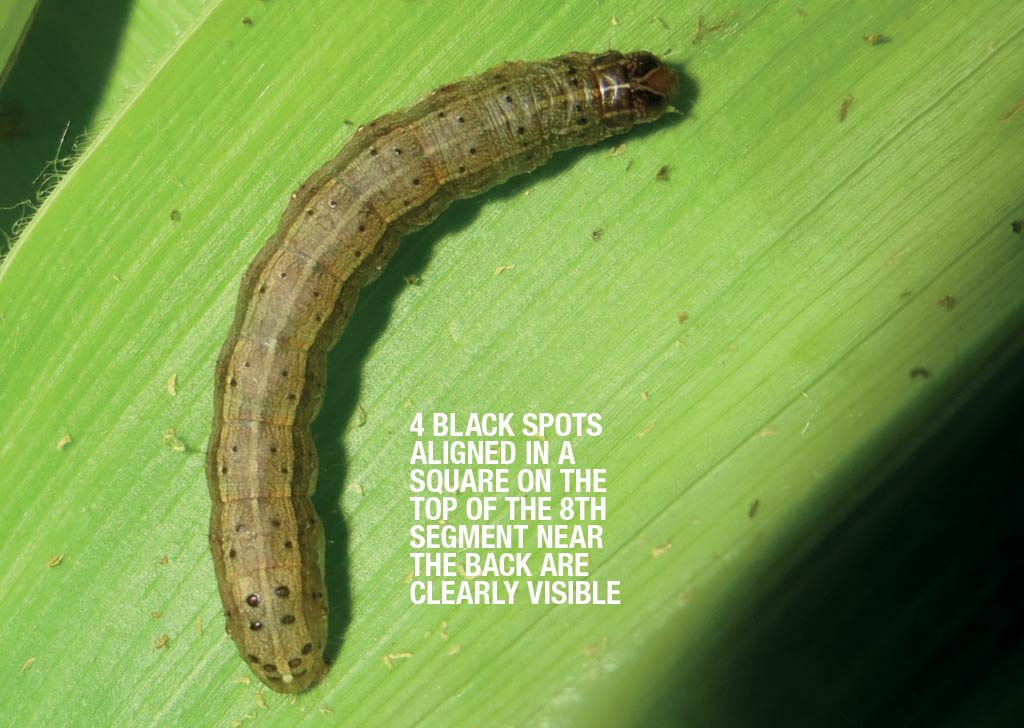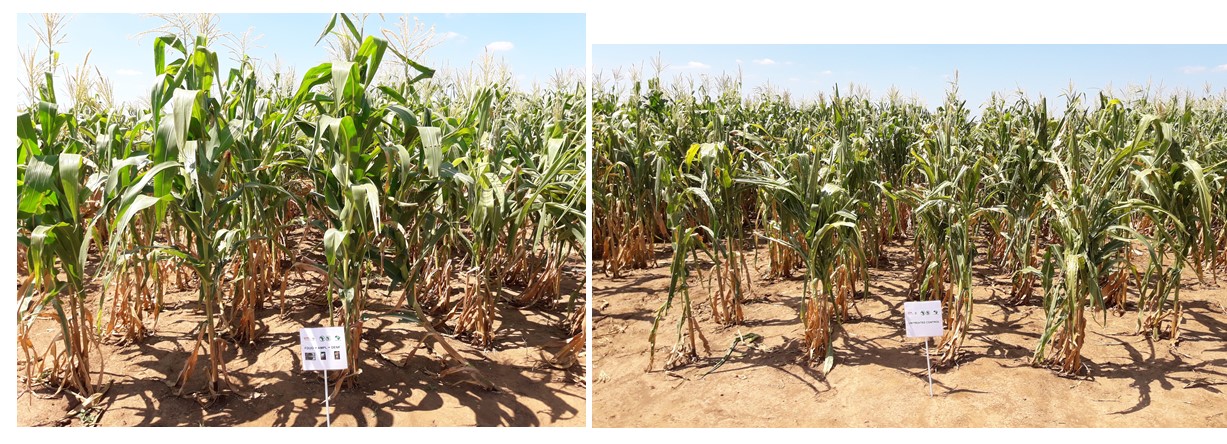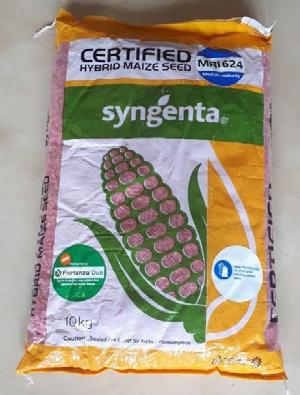Fall armyworm control in maize production; e.g. FORTENZA(TM) Duo
Summary
Chemical control agents for fall armyworms have proven to be highly effective in protecting maize crops from the pest and holding back its rapid spread that is threatening millions of farmers in major production zones across Sub-Saharan Africa. A range of insecticide products are marketed on the continent by agro-input suppliers that kill larvae of FAW inside the soil and on the plant; including FORTENZA(TM) Duo from Syngenta which is demonstrated to be a powerful control agent for the pest. Coating of maize seeds with insecticides allows to keep the sowing material and young plants free of pest attacks under both high to low FAW infestation rates, benefiting the crop right from the beginning of the season by enhancing seed survival, germination rates and initial growth stages after planting. Use of insecticide as a seed treatment offers several advantages compared to foliar applications as the approach makes it possible to apply smaller amounts of the control agent and gets into the soil where eggs of FAW are deposited and hatch.
About the Solution
Fall armyworms (FAW), Spodoptera frugiperda, are the caterpillars of an invasive species and have shown a very quick spread across Sub-Saharan Africa since the last few years. Infestations of farmlands by the pest are caused by eggs deposited in soil and on plant coming from adult moths that are able to fly and cover large distances. The larvae of FAW are causing extensive damage to maize crops at all stages of their life cycle by eating the whorl (apex), leaves and cobs, which has led to 50% yield loss and complete failure for farmers on the continent. Insecticides like FORTENZA(TM) Duo are allowing to build systemic protection of the crop, using seed coating that keeps maize free of FAW during the early stages of cultivation and foliar spraying that avoids damage to the crop at silking and cob-filling stages. Tests carried out by the TAAT Maize Compact and FAW Enabler have shown large reductions of fall armyworm infestation and damage to maize between fields with Fortenza Duo coated seed as compared to fields where the insecticide wasn’t applied. Evidence from trials in the USA demonstrates that planting insecticide treated maize seed is reducing the number of sprays needed at later growth stages.
Chemical control of FAW is suitable for all types of maize growing areas in Sub-Saharan Africa and can be dispatched to fields in a short window of time making it a good option to combat the rapid advance of the pest and reduce yield losses because of it. National Programs and agrodealers in Zimbabwe and Zambia managed to distribute more than 3,000 ton of FORTENZA(TM) Duo treated seeds to over 300,000 farmers in one year time, through which they protected about 120,000 hectare of farmland from damage to maize production by FAW pest attacks. Seed treatment may require follow-on sprays with insecticide to avoid that adult larvae attack the crop as they need to consume much higher concentrations of chemical before succumbing to it — translating to greater leaf damage.
FORTENZA™ Duo used for seed treatment has two active ingredients – cyantraniprole and thiamethoxam – which kills the larvae from a range of pests. The insecticide are coated onto maize seeds by mixing it with a binding agent like Arabic gum, then vaporizing it over the material and letting in mix and dry in a rotary blending system. Insecticides recommended for use as foliar spray later in the growing season are Ampligo® (a.i. chlorantraniliprole+lamba cyhalothrin), DenimFit® (emamectin benzoate+lufenuron) or Neconeem® (neem), and are usually applied every two weeks.
Seeds coated with FAW insecticide are planted as any normal maize crop following best soil and fertilizer management prescribed for particular growing areas and conditions. Foliar spraying of the crop with chemical control agents for the pest are done using common backpack sprayer or tractor-mounted models. Farmers need to use gloves, suits and face mask when handling the chemical agents not to get in touch with toxic substances. To ensure FAW larvae in the surrounding of the seed are killed effectively by the pesticide coated on seed the surface of soils needs to be tamped down well. Controlling FAW requires an integrated approach – there is not one product that will silence the pest indefinitely. Seed treatment and foliar spraying of insecticide, along with improved varieties and good agronomic practices are all part of the solution. Inputs of inorganic fertilizers need to be applied for addressing nutrient limitations in soils so the crop grows strong. Infestations of FAW can be further reduced by intercropping crops that push and pull the pest away from maize crops such as Brachiaria and tuft grass, and rattlepod legumes (Crotalaria sp.).
Commercialization
Commercially available
Solution Images
Institutions

Accompanying Solutions
Drought tolerant varieties (DTMA, WEMA, others), Specialized pre-plant fertilizer blending and N topdressing, Maize-legume rotation and intercropping



